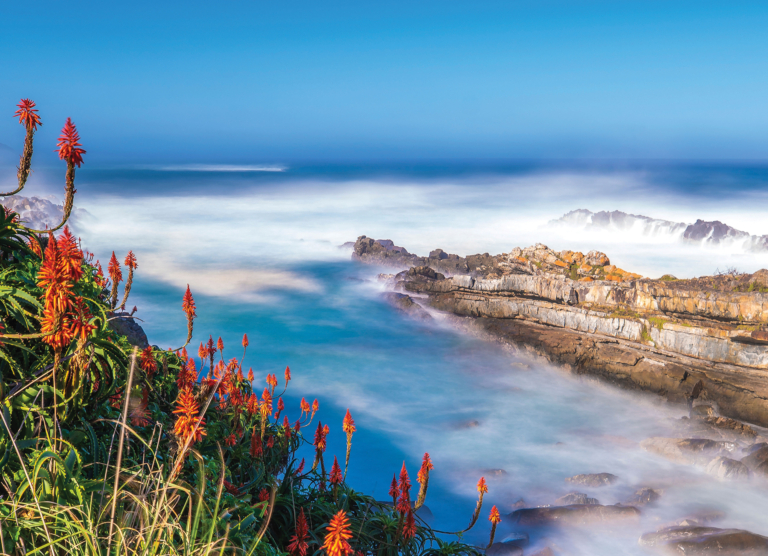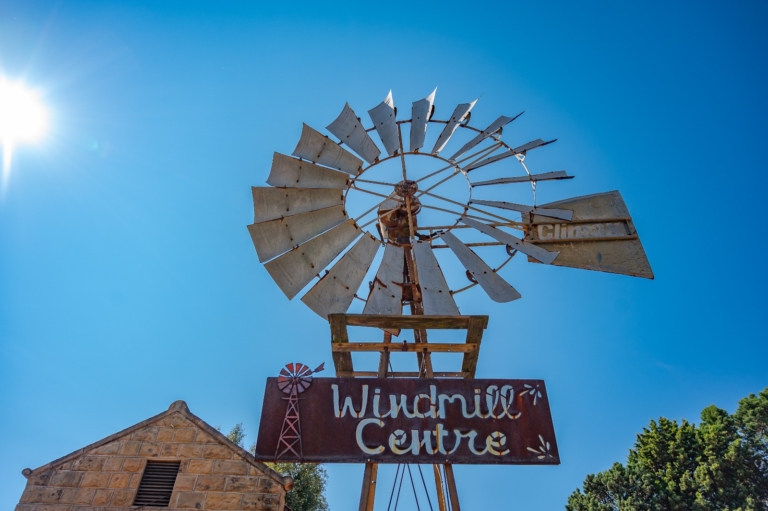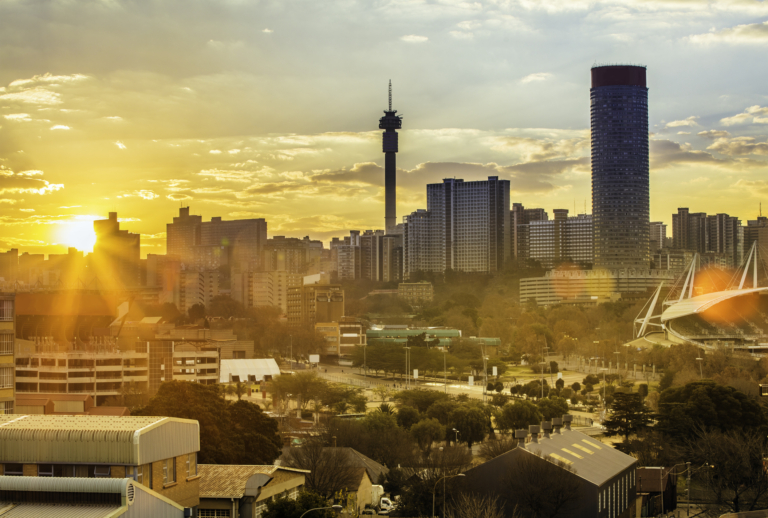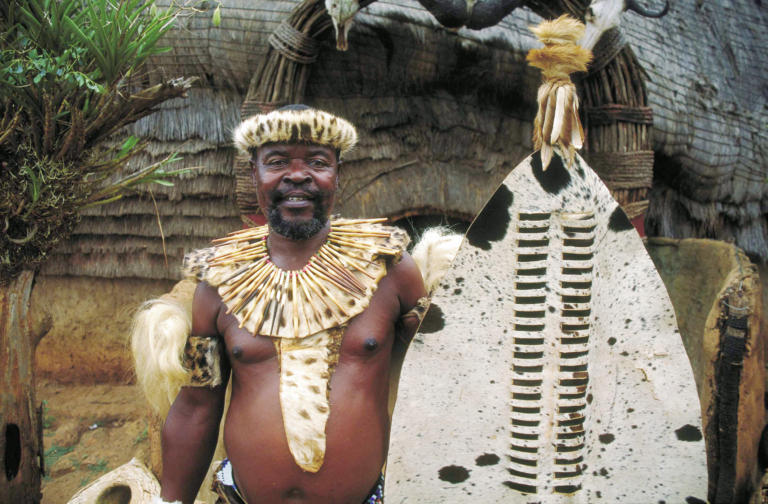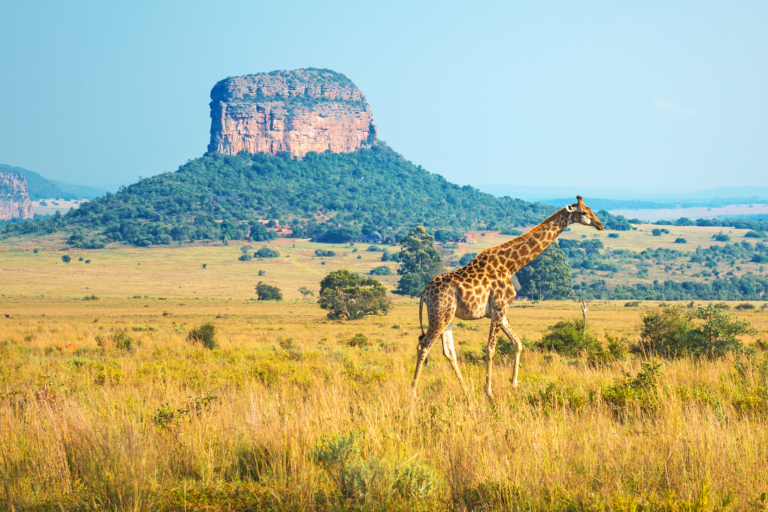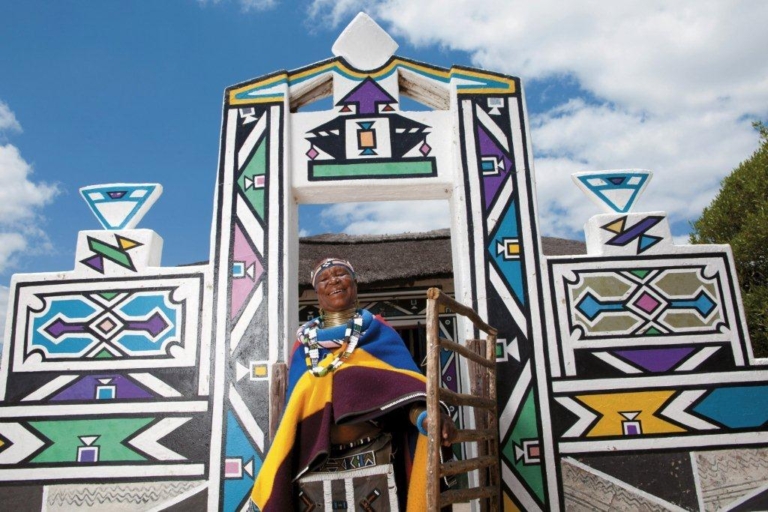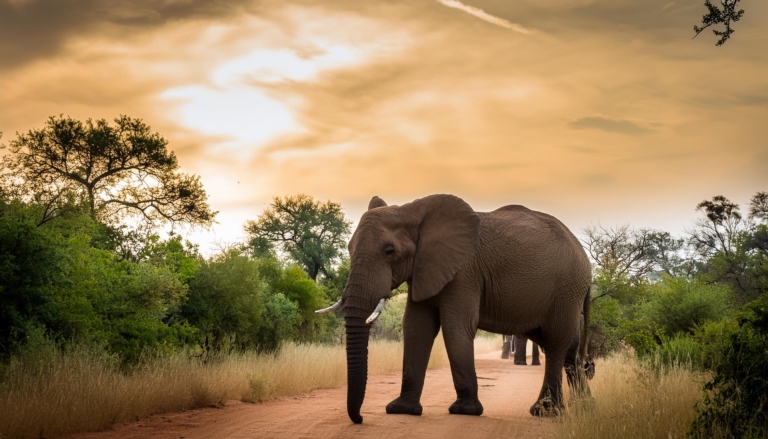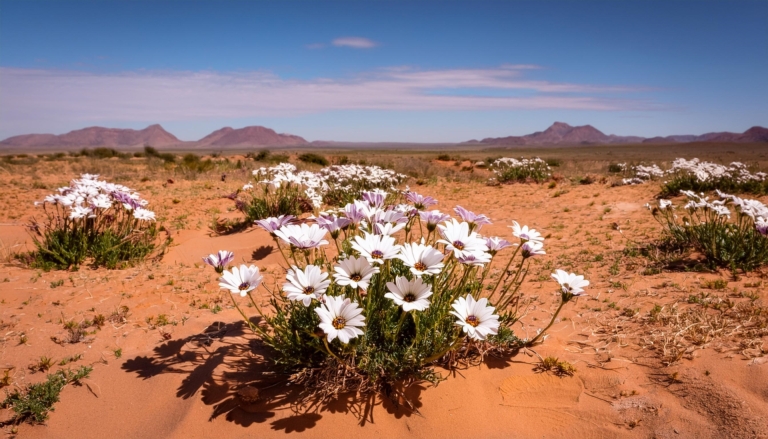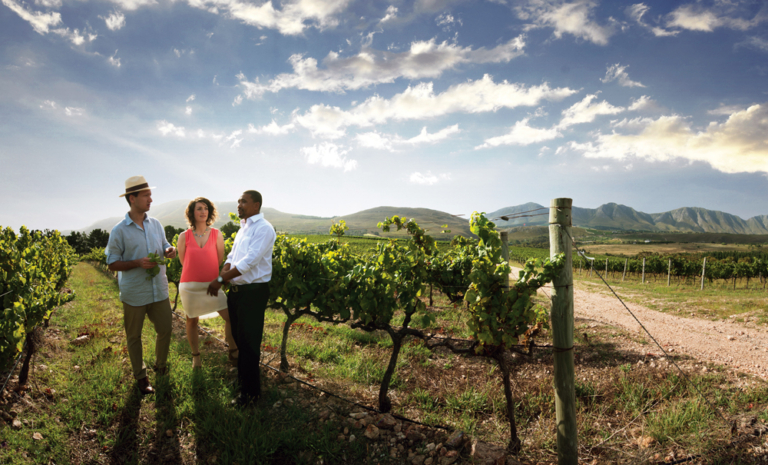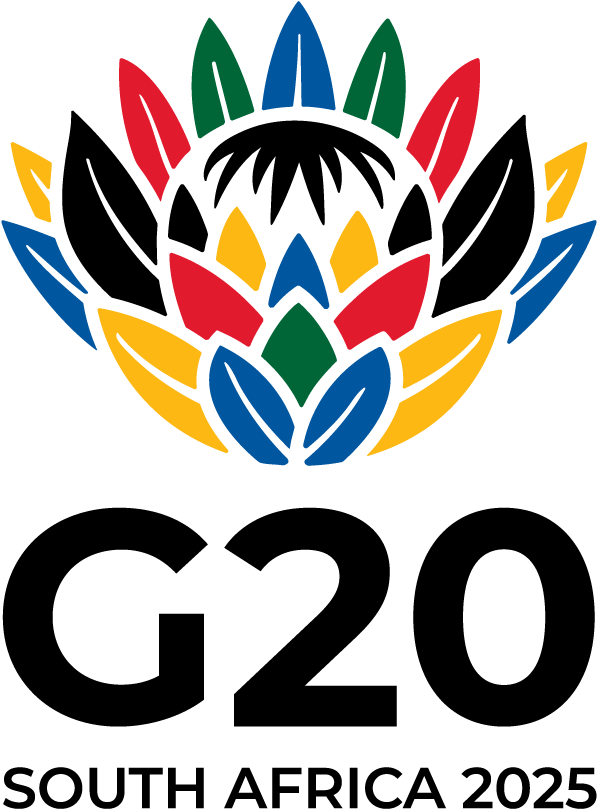
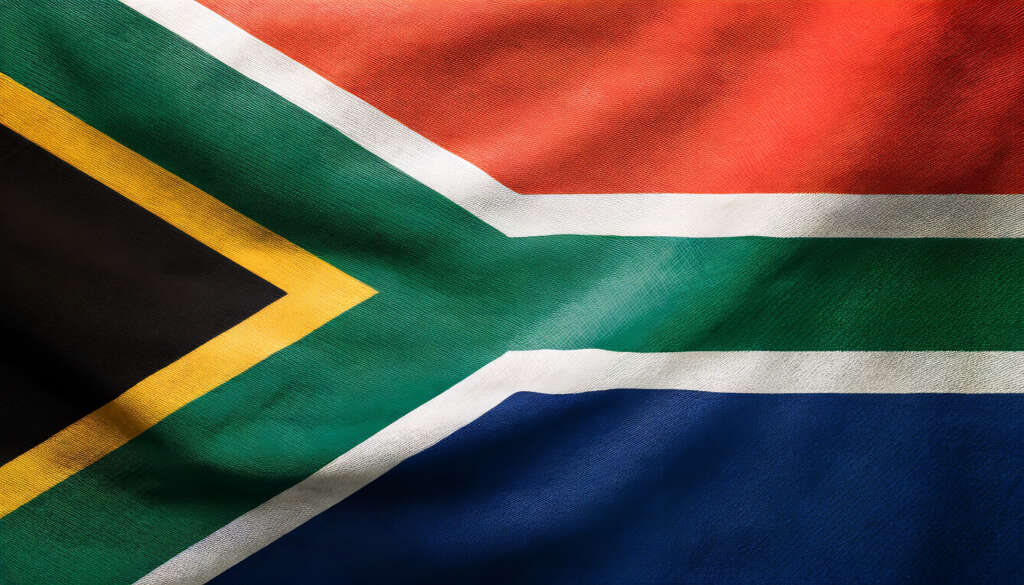
Main Element
The main element of the logo for South Africa’s G20 Presidency represents the King Protea, which holds a special place in the hearts of South Africans, as the national flower of the country. It embodies resilience, cultural pride, hope and natural splendour.
- Cultural significance: This magnificent flower is deeply intertwined with South African culture. It’s unique appearance, with large petals resembling a crown, evokes a sense of pride and identity. It represents the rich diversity of the nation and celebrates its heritage.
- Hope and regeneration: The King Protea’s ability to regenerate after fires mirrors the country’s spirit of renewal and hope. The flower serves as a reminder that even in the darkest times, there is always a chance for new beginnings. Just like the people of South Africa, who have faced historical struggles and triumphs, the King Protea stands tall even in adversity.
- Natural Beauty: The King Protea’s striking appearance captures attention. Its large, showy blooms make it a standout in the floral world. Choosing it as the main element of the G20 logo reflects an appreciation for the beauty of South Africa’s landscapes.
Shape
The semi-circular design, symbolises unity, inclusion, and global collaboration.
South African flag colours
South Africa’s national colours (green, gold, black, blue, red, and white) are prominently displayed, representing the country’s diverse heritage and cultural vibrancy.
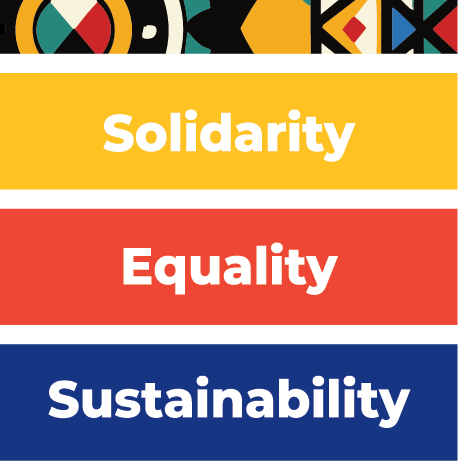
The theme for South Africa’s G20 Presidency is Solidarity, Equality, Sustainability.
The theme guides the priorities of the Working Groups in both the Sherpa and Finance Tracks and also informs the High-Level Deliverables of South Africa’s G20 Presidency.
- Solidarity signifies a unified effort and mutual support among member nations. It is the recognition that in an interconnected world, the challenges faced by one nation can have ripple effects globally. This principle emphasises cooperation, empathy, and collective action, ensuring that no country is left behind, especially in times of crisis.
- Equality refers to ensuring fair treatment, opportunities, and advancement for all individuals and nations, irrespective of their economic status, gender, race, geographic location, or other characteristics. It underscores the need to address systemic disparities and promote social justice on a global scale.
- Sustainability is about meeting the needs of the present without compromising the ability of future generations to meet their own needs. It integrates economic growth, social inclusion, and environmental protection, ensuring long-term health and stability of all people and our planet. As major global actors, G20 nations play a pivotal role in driving sustainable development.
DISCOVER OUR 9 PROVINCES & THEIR MAIN ATTRACTIONS
From untouched shores to iconic historical landmarks, the Eastern Cape captures the essence...
Home to historic landmarks, unique geological wonders and thrilling outdoor adventures, this province...
Gauteng is a province like no other. As the economic powerhouse of Africa,...
From the iconic Drakensberg peaks to Durban’s sunlit shores, KwaZulu-Natal invites you to...
Limpopo Province is a destination like no other, where nature’s grandeur meets a...
Embark on a journey through Mpumalanga and experience the province’s unparalleled natural beauty...
Nestled in the heart of South Africa, the North West Province offers a...
Spanning vast arid landscapes, the Northern Cape is a realm of stark beauty...
The Western Cape, with Cape Town at its heart, is a dynamic region...


